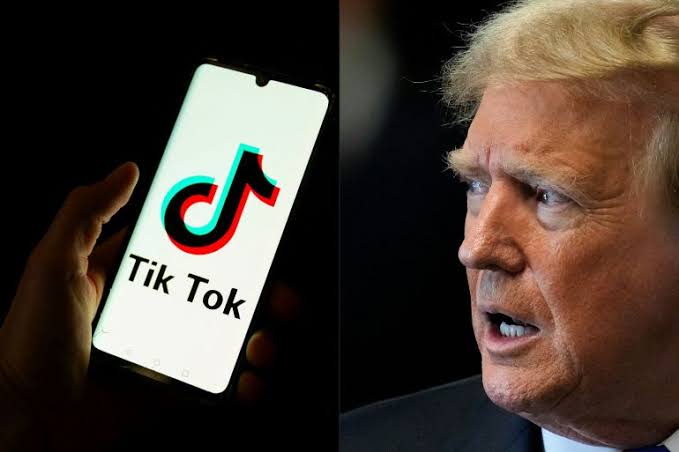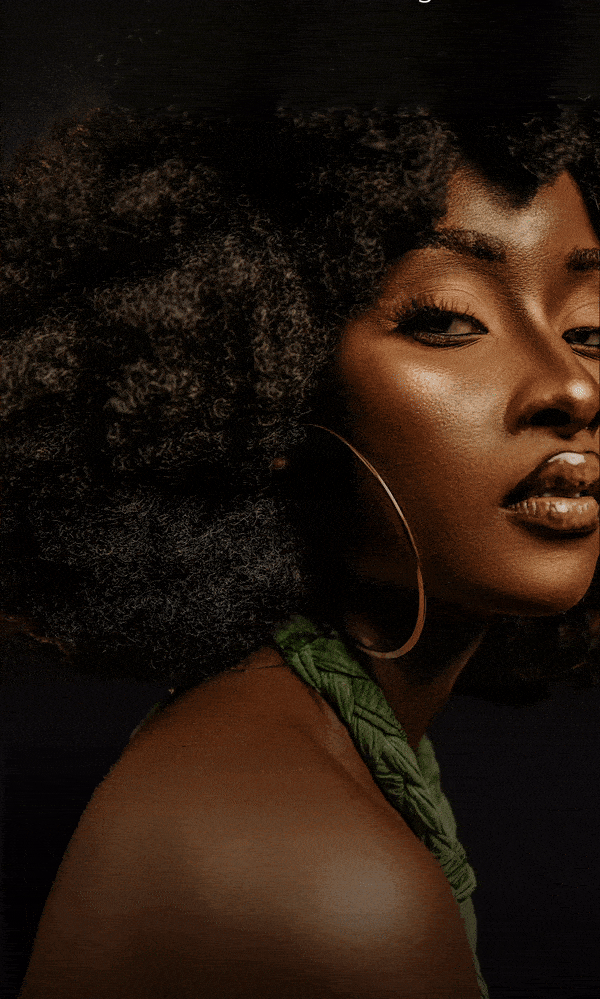President Donald Trump has signed an executive order delaying TikTok’s nationwide ban for 75 days, raising questions about whether the move prioritizes political gain over national security concerns.
The decision offers a temporary lifeline to TikTok’s 170 million U.S. users and gives its Chinese parent company, ByteDance, more time to sell the app to an American buyer. However, critics argue the delay undermines a law passed by Congress to protect against potential risks posed by Chinese influence.
"I guess I have a warm spot for TikTok," Trump said after signing the order.
TikTok briefly went offline over the weekend after the ban, approved by Congress and upheld by the Supreme Court, took effect. While the platform is now back for existing users, it remains unavailable for new downloads on Apple and Google app stores.
A Risk to National Security?
The controversy surrounding TikTok stems from fears that the app could be used by China to spy on or manipulate Americans. Congress passed a law last year requiring ByteDance to sell TikTok by January 19, 2025, or face a nationwide ban.
The law also imposes steep penalties up to $5,000 per user on companies like Apple, Google, and hosting providers if they continue supporting TikTok without a U.S. buyer.
Trump’s executive order halts enforcement of the ban for 75 days, reassuring companies that they won’t face penalties for keeping TikTok operational.
Can Trump Legally Delay the Ban?
Legal experts are split on whether Trump has the authority to pause a law already in effect. Sarah Kreps, director of Cornell University’s Tech Policy Institute, says the move may exceed his presidential powers.
However, Alan Rozenshtein, a University of Minnesota law professor, believes Trump could interpret progress toward a sale as grounds for delay.
ByteDance, which had long resisted selling TikTok, now appears open to negotiation. Chinese officials have signaled flexibility, with the country’s vice president meeting U.S. leaders and Tesla CEO Elon Musk over the weekend to discuss a possible deal.
Trump Proposes U.S. Ownership
Adding to the controversy, Trump has suggested that the U.S. government take a 50% stake in TikTok. “The numbers are crazy, but TikTok is worthless without a U.S. buyer,” he said, estimating its value at up to $500 billion.
Pushback From Lawmakers
Trump’s decision has drawn criticism from lawmakers who supported the ban. House Speaker Mike Johnson called ByteDance’s ownership a “very dangerous thing” and emphasized the need for a full sale.
“I think we will enforce the law,” Johnson said.
Senator Tom Cotton also warned that companies hosting TikTok could face lawsuits and other penalties for violating the ban.
Tech Companies in a Tough Spot
Companies like Oracle, which powers TikTok’s servers, are now caught in the middle. While Apple and Google have removed TikTok from their app stores, Oracle continues to provide cloud services to the platform.
Legal scholar Gus Hurwitz notes that businesses must weigh the risks of defying the law against the benefits of cooperating with Trump. “This could be the right business decision,” he said.
What’s Next for TikTok?
The future of TikTok in the U.S. remains uncertain. Critics argue that Trump’s decision sets a dangerous precedent, prioritizing personal and political interests over national security.
For now, TikTok users and stakeholders await clarity on whether the platform will survive—and at what cost.







